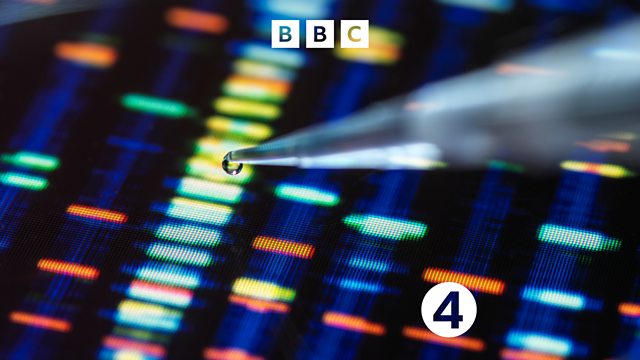DNA, Crime and Controversy
It's 40 years since the discovery of DNA fingerprinting by Sir Alec Jeffreys at his lab in Leicester. Anna Soubry examines how it revolutionised crime investigations.
It's 40 years since DNA fingerprinting was discovered by Sir Alec Jeffreys at his lab in Leicester. Within a couple of years it had revolutionised the way crimes were investigated around the world.
Barrister and former TV presenter and Government minister Anna Soubry looks back at how the discovery changed crime investigations, with DNA evidence leading to many guilty pleas and verdicts which would otherwise have been much more difficult to prove.
Anna hears from people involved in various cases over the years, as well as experts about how DNA fingerprinting changed both crime investigations and trials. She looks at how the technique was also used to prove various miscarriages of justice.
But did society's fascination with DNA fingerprinting lead to an over mythologising of its use as a magic bullet to solving crimes? And what about its early failings? Sample sizes and contamination have created doubts in some investigations. Has the role of DNA in the mind of juries ultimately undermined their ability to look at broader evidence and to see it as only part of the jigsaw to solving a case?
Anna trawls through the archives as well as meeting people who both champion the way the breakthrough has improved investigations, but caution against over reliance.
Among those contributing to the programme are: Baroness Helena Kennedy KC; forensic science expert, Professor Jim Fraser; Dr Sue Pope, who has been an expert witness in many legal cases; Michael Crompton, writer of ITV series Code of a Killer about the Colin Pitchfork murder, the first case to use DNA fingerprinting; and Professor of Forensic Genetics, Peter Gill who worked on the Amanda Knox case and recently gave evidence in a high profile Norwegian case that ended as a proven miscarriage of justice that relied upon DNA evidence.
Anna gives her own personal take on how DNA fingerprinting has impacted on her legal career and asks if there are any lessons still to be learnt about the existence of DNA fingerprinting and how it's handled and perceived.
Producer: Ashley Byrne
A Made in Manchester production for Βι¶ΉΤΌΕΔ Radio 4
Last on
Broadcast
- Sat 4 May 2024 20:00Βι¶ΉΤΌΕΔ Radio 4

